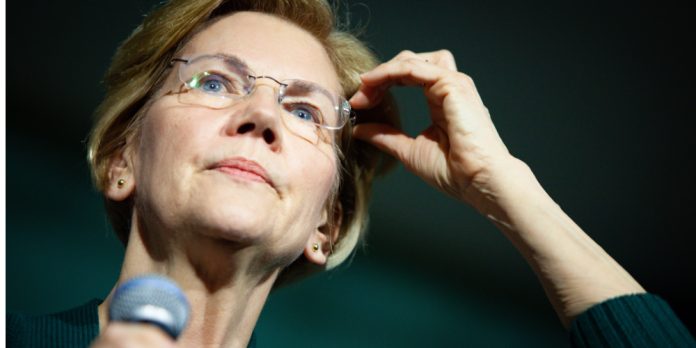A new request sitting with the Commodity Futures Trading Commission (CFTC) has drawn the attention of lawmakers including Sen. Elizabeth Warren, Sen. Dianne Feinstein, and Sen. Jeff Markley.
Kalshi is a site where you can trade regulated commodities on outcomes like how long the writer’s strike will last or the inflation rates in the US. The CFTC regulates and oversees the trading of these event contracts the same way it regulates and oversees swaps, options, and other derivatives markets.
In June, Kalshi filed a request to start offering markets on which party will control Congress. The public comment period on that request closed July 24, but that did not stop lawmakers from expressing their concerns in a letter to CTFC Chairman Rostin Behnam dated Aug. 2.
“The CFTC has never allowed a for-profit venture to operate a political event contract, nor has the agency permitted any entity to operate a political event contract of such scale. Establishing a large-scale, for-profit political event betting market in the United States by approving Kalshi’s requested contracts, would profoundly undermine the sanctity and democratic value of elections. Introducing financial incentives into the elections process fundamentally changes the motivations behind each vote, potentially replacing political convictions with financial calculations,” the letter from the group read.
The lawmakers went on to suggest this creates a huge potential for election manipulation, presenting the following example:
“Billionaires could expand their already outsized influence on politics by wagering extraordinary bets while simultaneously contributing to a specific candidate or party. There are strong ethics concerns as political insiders privy to non-public information could wield their inside information to profit at voters’ expense. Lastly, these bets could sway the outcome of our elections, undermining the voices of voters. If citizens believe that the democratic process is being influenced by those with financial stakes, it may further exacerbate the disenfranchisement and distrust of voters already facing our nation.”
Elsewhere, the CFTC is in an election betting battle of its own against PredictIt. The CFTC withdrew its no-action letter against PredictIt, which had previously been allowed to operate small election exchanges for academic purposes. While a lower court sided with CFTC’s request for PredictIt to close its site, a Fifth Circuit Court of Appeals judge sided with PredictIt.














